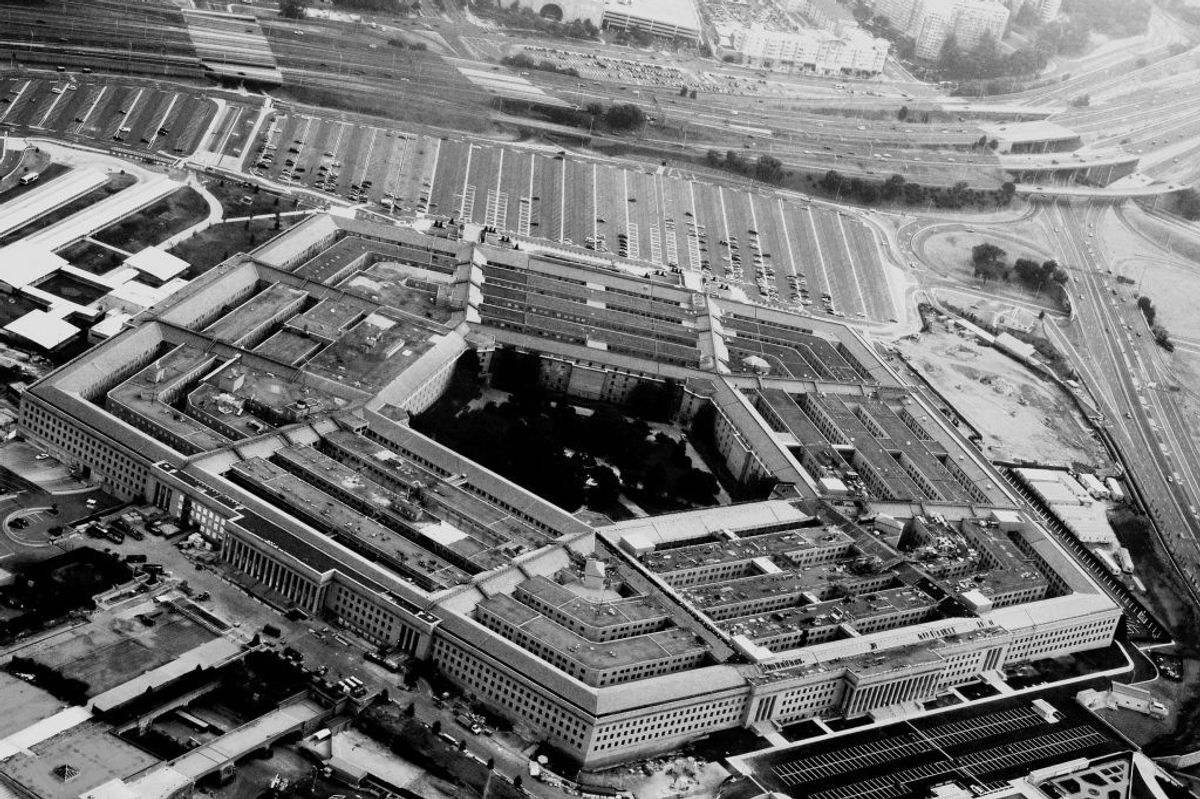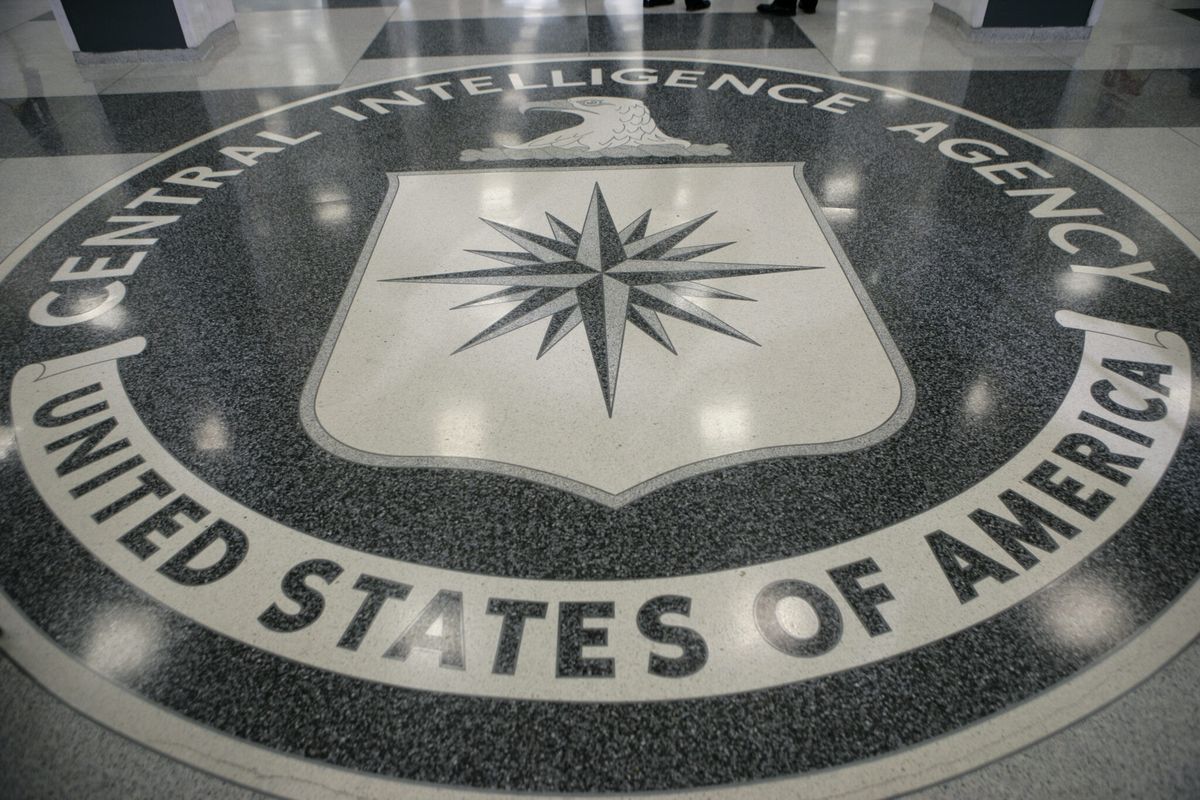Not surprisingly, the man who President Trump is appointing as the next Deputy Director of the CIA managed to maintain a low public profile during his 30-year Agency career. Some would call that perfect tradecraft, but now that Vaughn F. Bishop has been named as the next Deputy Director, people are eager to learn a little more about him. Of particular interest, is how his deep analytic experience will combine with Director Gina Haspel’s operational expertise, to forge a path forward for Agency leadership.
If you heard the collective sigh of relief out of McLean on news of Bishop’s appointment recently, it was in large part because he’s an insider, not a political appointee, as some had expected and others had feared. Rumors were beginning to circulate inside the building in the weeks since Gina Haspel’s May 17 Senate confirmation, because a deputy director candidate was nowhere to be seen. A former CIA Official told The Cipher Brief’s Dead Drop in June that there was hallway buzz that the delay in naming a deputy was due to a tug of war with The White House over whether to appoint someone with political ties to the current Administration, or to appoint someone who might serve as a more experienced deputy to Haspel. (UPDATE: A well-placed source tells The Cipher Brief that those rumors aren't true and that Bishop was Haspel's pick 'all along'.)
Here’s what we know about Bishop’s experience: He joined the Agency in 1981, according to a press release, and spent three decades in a variety of positions that included senior roles, one of them as Vice Chair of the National Intelligence Council. Bishop also combined his deep background in analysis with field experience, something the Agency began actively promoting to its analysts after 9/11. According to The White House, Vaughn indeed spent time working overseas after 9/11, as the CIA’s representative to U.S. Pacific Command, which means he knows a thing or two about North Korea. He also worked as the National Intelligence Officer for Africa and has experience working on Latin American issues as well.
The blend of analysis and operations experience among the Agency’s top leadership is significant. Particularly after a controversial reorganization under former Director John Brennan, which saw an integration of operations and analysis on a level that upset the apple cart with operations officers. The fact that Bishop, after retiring in 2011, came back to serve as the Agency Ombudsman for Analytic Objectivity during that reorganization effort sends a message to the work force that both sides of that ages-long agency divide, will have representation at the top. The appointment of Bishop could also mean that Haspel is supportive of Brennan’s modernization effort, because part of that transition required that every senior position occupied by an officer from either the operations or analysis directorate, had to have a co-lead, or a deputy, from the other directorate.
Former CIA Acting Director John McLaughlin has worked with Bishop in the past and told The Cipher Brief that he is an ‘excellent’ choice for this role. “He was an outstanding analyst and leader of analysts, but also has significant overseas experience. More important than the fact that he and Director Gina Haspel are both insiders, is the fact that they balance each other in terms of their professional backgrounds within the Agency,” said McLaughlin. “Ms. Haspel’s experience is primarily in the operational area, whereas Mr. Bishop spent the bulk of his career on the analytic side. This is particularly important at a time when the agency, in its modernization effort, is seeking to more closely integrate these two disciplines. Both enjoy respect across these disciplinary lines and both are accustomed to providing support to our foreign policy decision makers. Between the two of them, the agency is in very strong and capable hands.”
Other former CIA officers said they didn’t know Bishop well, but that he had a ‘great’ reputation. “I would think this choice would be good for morale as CIA officers always appreciate having one of their own in the top spots,” said a former officer who asked to remain anonymous. “Also, much of the Deputy’s role historically has been internally focused and having someone who really knows the Agency will also be a good thing. Some may observe that it would have been nice to have someone with more non-Agency experience or a military officer in the #2 spot, but Bishop has very diverse experience, including working closely with the military and other agencies. It will also be important to watch who gets the #3 slot which has had a variety of titles over the years, including Associate Deputy Director, Executive Director, and Chief Operating Officer – this position is very much internally focused and this person really runs the Agency.”
Director Haspel said in a CIA press release that she is happy with the President’s intent to appoint Bishop (the number two role does not require Senate confirmation), and that “Vaughn is a superb choice. I cannot express how pleased I am that he has agreed to return to CIA. He will help empower every Agency officer to advance CIA’s mission in concrete and measurable ways.”
Another former officer saw the pairing of Haspel and Vaughn as a good one from a leadership perspective, noting that it will reassure the work force that the institution is well positioned to stay out of politics.
Bishop himself hasn’t made a public appearance, but he did offer a statement included in a CIA press release announcing his appointment. “I am honored to come home to the CIA to serve with Director Haspel on the leadership team,” read the statement. “As a career officer, this is the opportunity of a lifetime. I have tremendous respect for the men and women of the Agency, and I look forward to serving alongside them in pursuit of CIA’s vital mission.”















